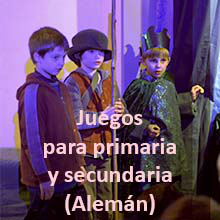Este libro sólo está disponible en inglés. Por lo tanto, el texto descriptivo también está escrito en inglés.
Waldorf education has had an ambivalent relationship to decolonizing.
On the one hand, like all Western education systems it has had to address the fact that it needs to critically interrogate its practices and curriculum content to ensure that the narrative of colonialism is adequately represented and the
voices of those colonised can be heard. It also means confronting and challenging any practices that discriminate against any individuals or groups of people on the basis of race, gender, sexual orientation, culture, ethnicity, social class and status or indeed for any reason.
It means ensuring that no single forms of knowledge are privileged over others. It means ensuring that schools are inclusive, diverse, plurilingual and multicultural and offer a culturally responsive curriculum and that the teachers reflect this diversity.
On the other hand, Waldorf schools understand themselves as offering
cosmopolitan education, in which local cultural perspectives are complemented by global perspectives, which has always emphasized interculturality and community whilst supporting the processes of individuation and the holistic development of the person.
Thus the title of this book has a double meaning: Waldorf offers a pedagogy that cultivates intercultural potential but also recognises that it has not always been as diverse as
it could be. This book offers a platform for voices from a number of different cultural contexts. A large part of the book, however, is by scholars working within the German Waldorf movement, which has the largest number of schools and students and the resources to support the project of which this book is a part. It outlines some basic understandings of themes related to decolonizing schools whilst giving some practical examples.
The book has a companion website (https://e-learningwaldorf.de) on which many more local reports and contributions can be accessed.













